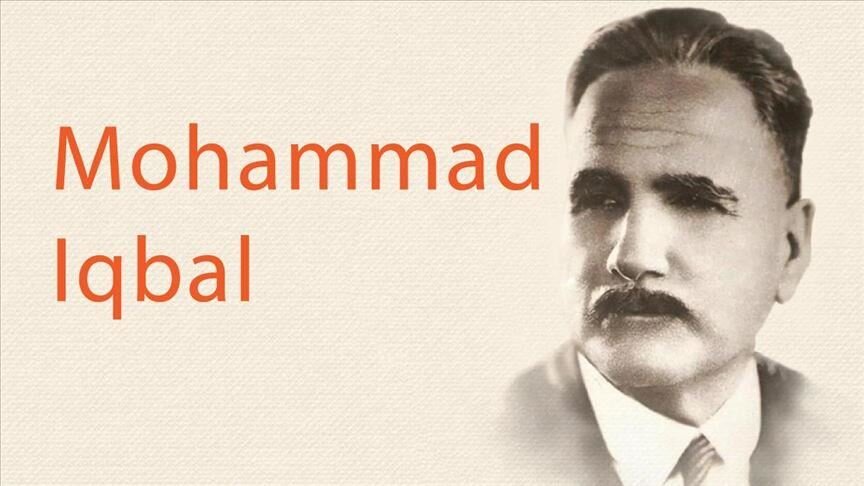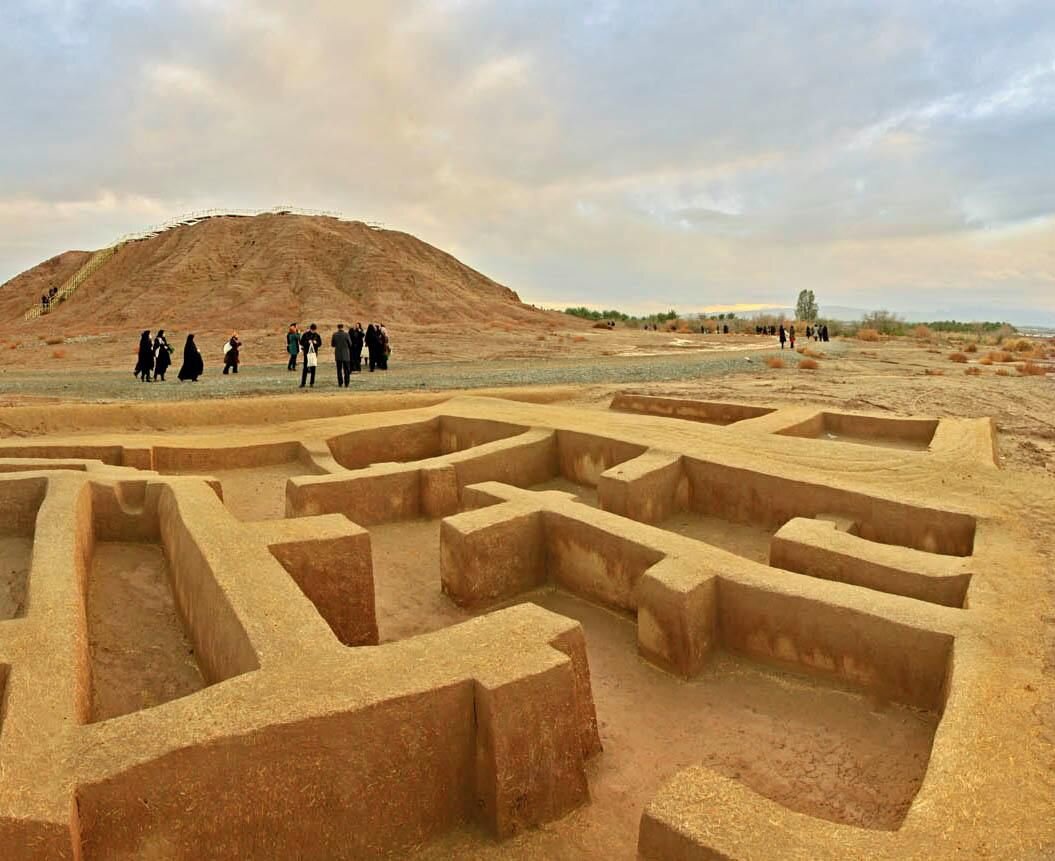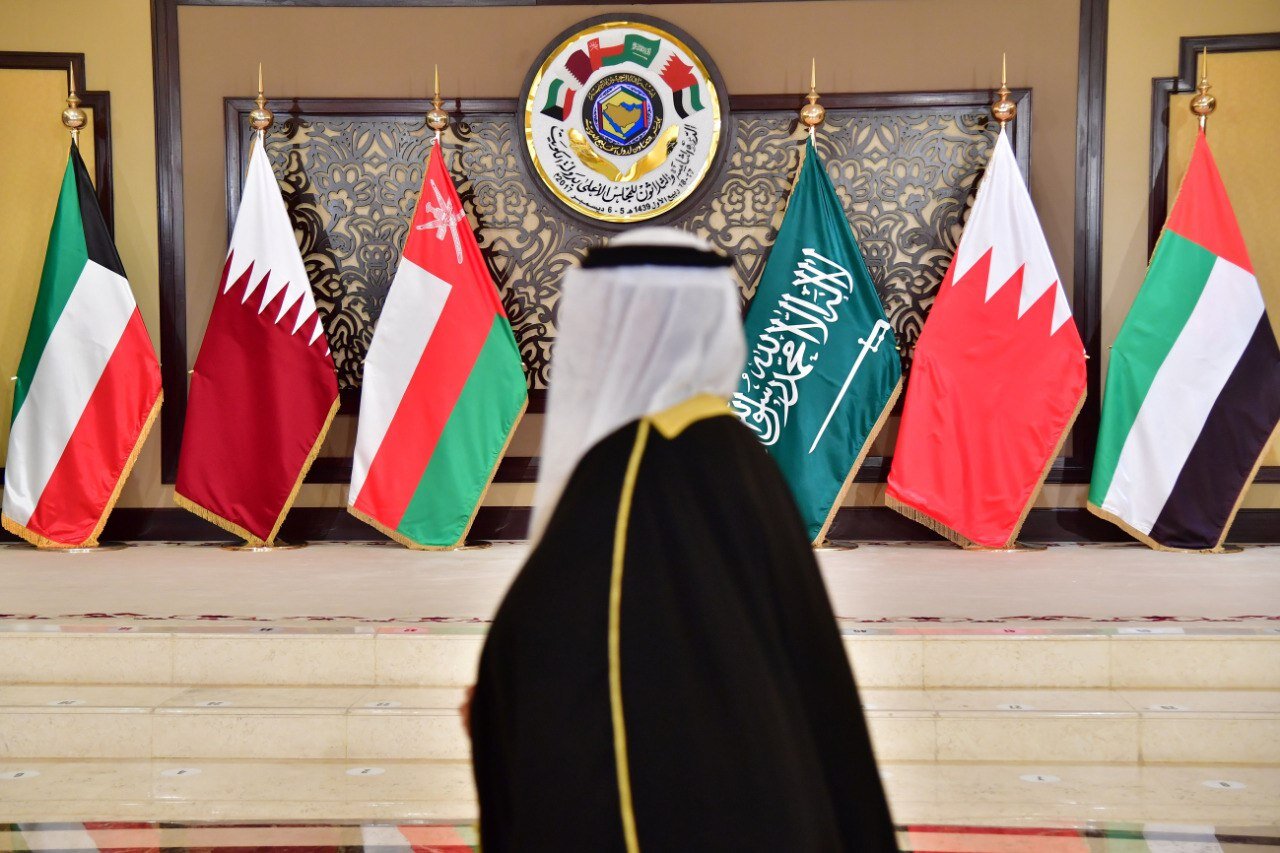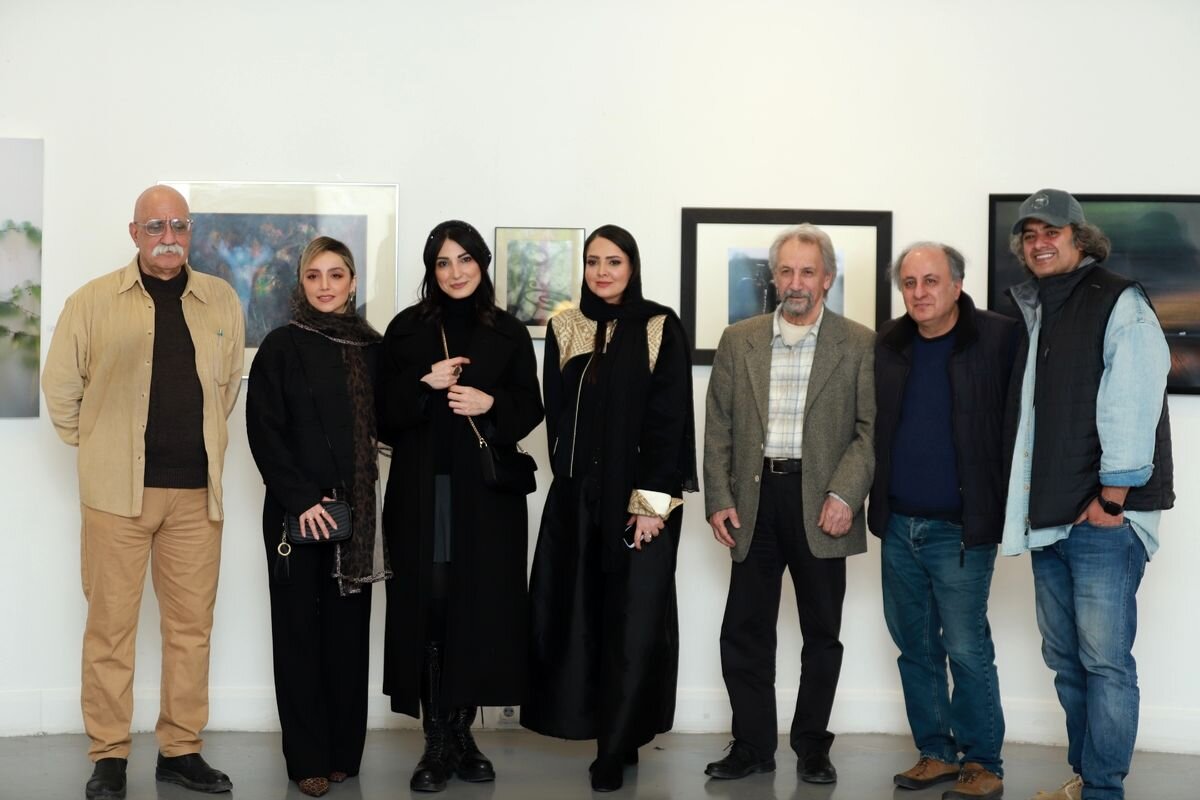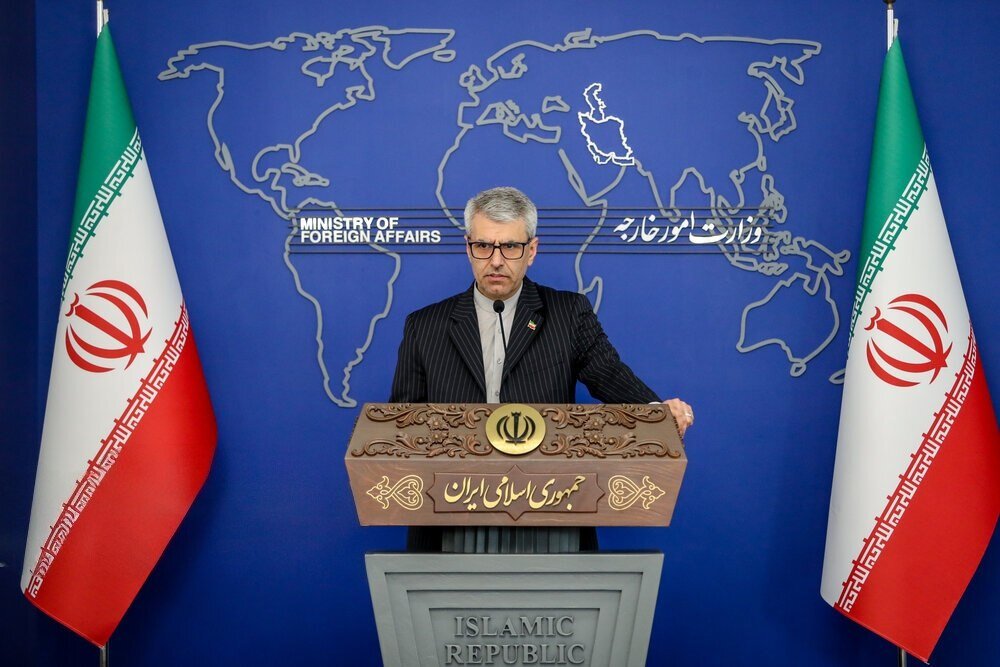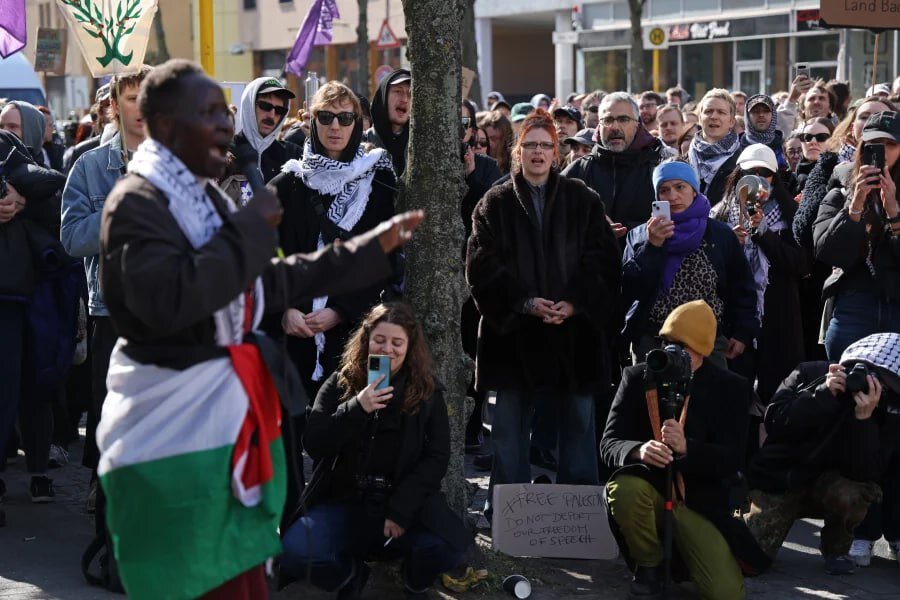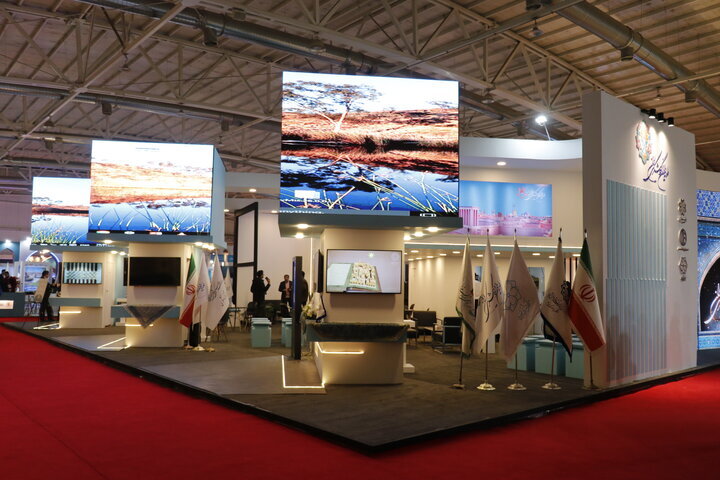
TEHRAN Irans Foreign Ministry Spokesman Esmail Baqaei underscored Tehrans unwavering demand for the complete removal of illegal and oppressive sanctions as the cornerstone of indirect nuclear talks with Washington.Speaking at his weekly press conference on Monday, Baqaei emphasized that Irans economic normalization and guarantees against renewed U.S.
violations remain critical to sustaining diplomatic progress.Our principal demand in any negotiation is the lifting of unlawful and unjust sanctions against Iran, Baqaei declared, dismissing Washingtons selective adherence to international law.He stressed that sanctions removal must be tangible and effective to allow Iran to resume routine economic, trade, and banking activities.Past experiences have taught us that empty promises are insufficient.
We need irreversible measures, he added, alluding to the U.S.
withdrawal from the 2015 nuclear deal.Iranian Foreign Minister Abbas Araghchi and U.S.
President Donald Trumps special envoy for West Asia affairs, Steve Witkoff, conducted two rounds of indirect talks addressing Irans nuclear program and the lifting of U.S.
sanctions this month.The discussions took place in two international hubswith the first round held in Muscat and the second in Rome on Saturdayall under the facilitation of Omani Foreign Minister Badr bin Hamad Al Busaidi.After the second round, Araghchi noted that Tehran and Washington had achieved a better understanding regarding several key principles and objectives.
He, however, said Iran is not bringing its hopes up and remains cautious.Building on this progress, both sides agreed to launch expert-level technical discussions in Oman starting April 23.A follow-up, third round of high-level negotiations is set to commence in Oman on April 26 to review the expert meetings outcomes and assess the movement toward a potential agreement.Additionally, in his press conference, Baqaei dismissed speculation about venue changes of the talks, noting that Omans professional and pivotal role as host had been instrumental.At Omans suggestion, the second round was moved to Rome with tripartite agreement, and out of respect we hold for Oman, we did not oppose this proposal," he stated, adding that Iran appreciates Italys cooperation.The spokesperson rejected media sensationalism about negotiation specifics, particularly a New York Times claim alleging Iranian offers to involve third countries in its nuclear program.We do not confirm these claims.
Media speculation undermines diplomatic seriousness, he asserted.
Europe must decide: facilitator or obstructionist?Addressing European powers, Baqaei urged the E3 (UK, France, Germany) to revive their role as the Joint Comprehensive Plan of Action (JCPOA) signatories rather than echoing U.S.
pressure tactics.References to the snapback mechanism are unconstructive.
Europe must decide: facilitator or obstructionist? he said.
Iran has maintained dialogue with Russia, China, and the E3 throughout negotiations, reflecting its commitment to multilateralism.
However, Baqaei emphasized that Iran has kept European countries informed of its negotiations and expressed hope that they would acknowledge Tehrans sincere intentions and aid the ongoing processes.Grossi urged to steer clear of politically motivated narrativesThe Iranian diplomat criticized International Atomic Energy Agency (IAEA) Chief Rafael Grossis unconstructive recent report on Irans nuclear program, urging the agency to avoid politically motivated narratives.The IAEA must adhere to its technical mandate, not serve U.S.-led pressure campaigns, he stated, noting that Irans voluntary transparency measures exceed legal obligations.
Regional diplomacy advances: Saudi visit pre-planned, Pakistan ties strengthenedBaqaei clarified that Saudi Defense Minister Khalid bin Salmans recent visit to Tehran was pre-planned and unrelated to U.S.
talks, describing it as a fruit of Irans neighborhood policy.This dialogue underscores regional actors ability to secure stability without external interference, he said, highlighting accelerating dtente with Persian Gulf Arab states.The spokesperson asserted that "regional countries must be able to move toward stability and safeguard security in the Persian Gulf and beyond by relying on their own capabilities and fostering mutual trust."He also noted that discussions naturally arise in any interaction during this period, adding that Iran had taken the initiative to engage with neighboring and regional states, explaining the negotiation process to them.During his visit, Prince Khalid met with Ayatollah Seyyed Ali Khamenei, Leader of the Islamic Revolution, as well as President Masoud Pezeshkian and Major General Mohammad Bagheri, Chief of Staff of Irans Armed Forces.In his meeting with Prince Khalid, Ayatollah Khamenei stressed the mutual benefits of closer ties.We believe relations between the Islamic Republic and Saudi Arabia will benefit both nations, as they can complement each others strengths, the Leader stated, according to a transcript published by his office.On Pakistan, Baqaei described bilateral relations as enduring and strategic, noting joint efforts to combat terrorism along shared borders.
Liaison officers are now stationed to enhance security coordination, he revealed, downplaying recent border incidents as isolated challenges requiring mutual trust.
Kuwait urged to negotiate Arash field; Israels expansionist occupation of Syria condemnedResponding to Kuwaiti claims over the Arash gas field, Baqaei reiterated that repeating baseless claims via media does not create legal rights.He invited Kuwait to accept Irans longstanding offer for technical talks, urging a shift from confrontation to friendship and shared benefits.
On Syria, Baqaei condemned the Israeli regimes expansionist occupation of the Golan Heights and parts of southern Syria, equating it to a flagrant violation of international law.The Security Councils silence enables Zionist regime crimes.
Regional states must unite to end this aggression, he said, reaffirming Irans support for Syrias territorial integrity..
This article first appeared/also appeared in Tehran Times

 12
12








